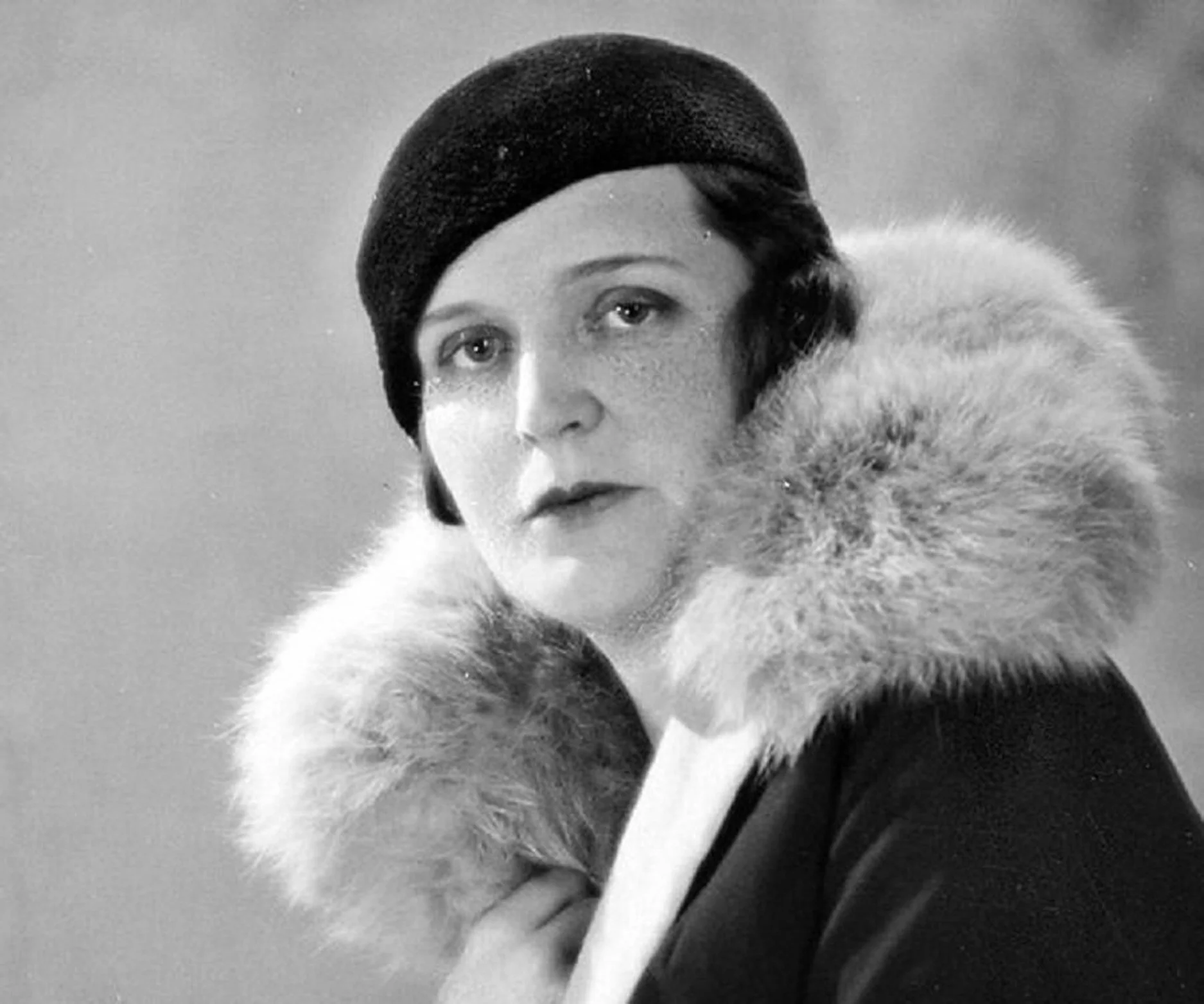MVO Foreground Composer 2025/26:
Germaine Tailleferre
Parisian Germaine Tailleferre (1892-1983) demonstrated a keen interest in music and art from a young age. She began studying piano with her mother and composed an opera at the age of eight!
Germaine’s father severely disapproved of her pursuing a career in music and he disowned her at the age of 14, so she defiantly changed her name from Taillefesse to Tailleferre! She then taught private music lessons to support herself and enrolled in the Paris Conservatoire, where she was considered a piano prodigy with a particularly refined memory, and where she won several prizes as both a pianist and a composer. While at the Conservatoire, Tailleferre was motivated by her thirst for musical knowledge and profound desire to envelop herself in musical culture. Her musical talent and compositional prowess would eventually impress Erik Satie who, upon hearing her 1917 two-piano piece, Jeux de plein air, invited her to join a group of composers called “Nouveux Jeunes” (Georges Auric, Louis Durey, Arthur Honegger, Darius Milhaud, and Francis Poulenc); it would later become known as “Les Six”.
Throughout her compositional career, Tailleferre was consistently praised for her music’s distinctively charming and pleasant qualities. Although her style was undoubtedly influenced by neo-classicism, and, later in her career, by serialism, Tailleferre regarded Gabriel Faure and Maurice Ravel, with whom she studied in the 1920s, to be her most consistent compositional inspirations. Because of her music’s overarching light-heartedness and pleasing capabilities, Tailleferre was often commissioned to write film scores and, later, would engage in the art of writing comic pastiches.

